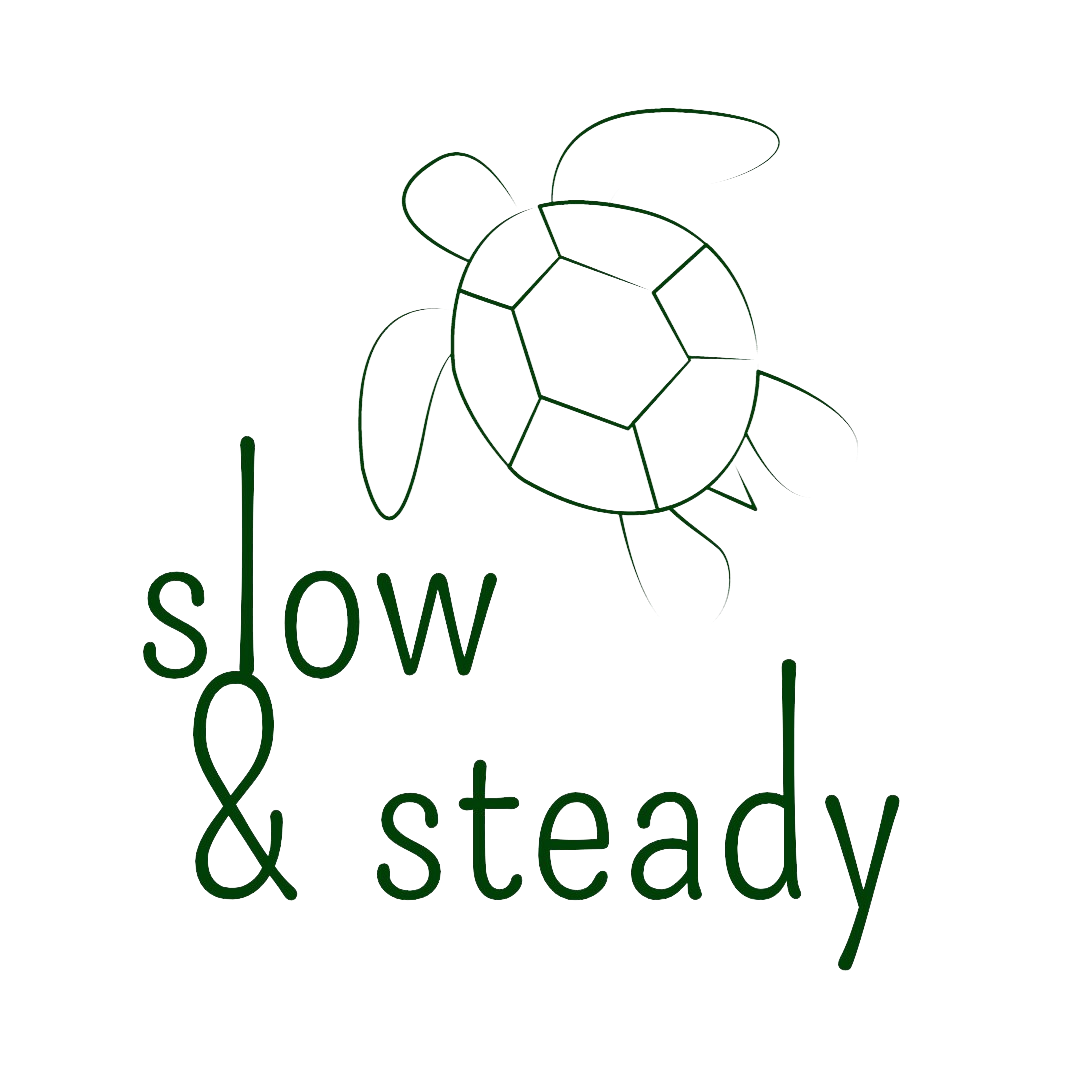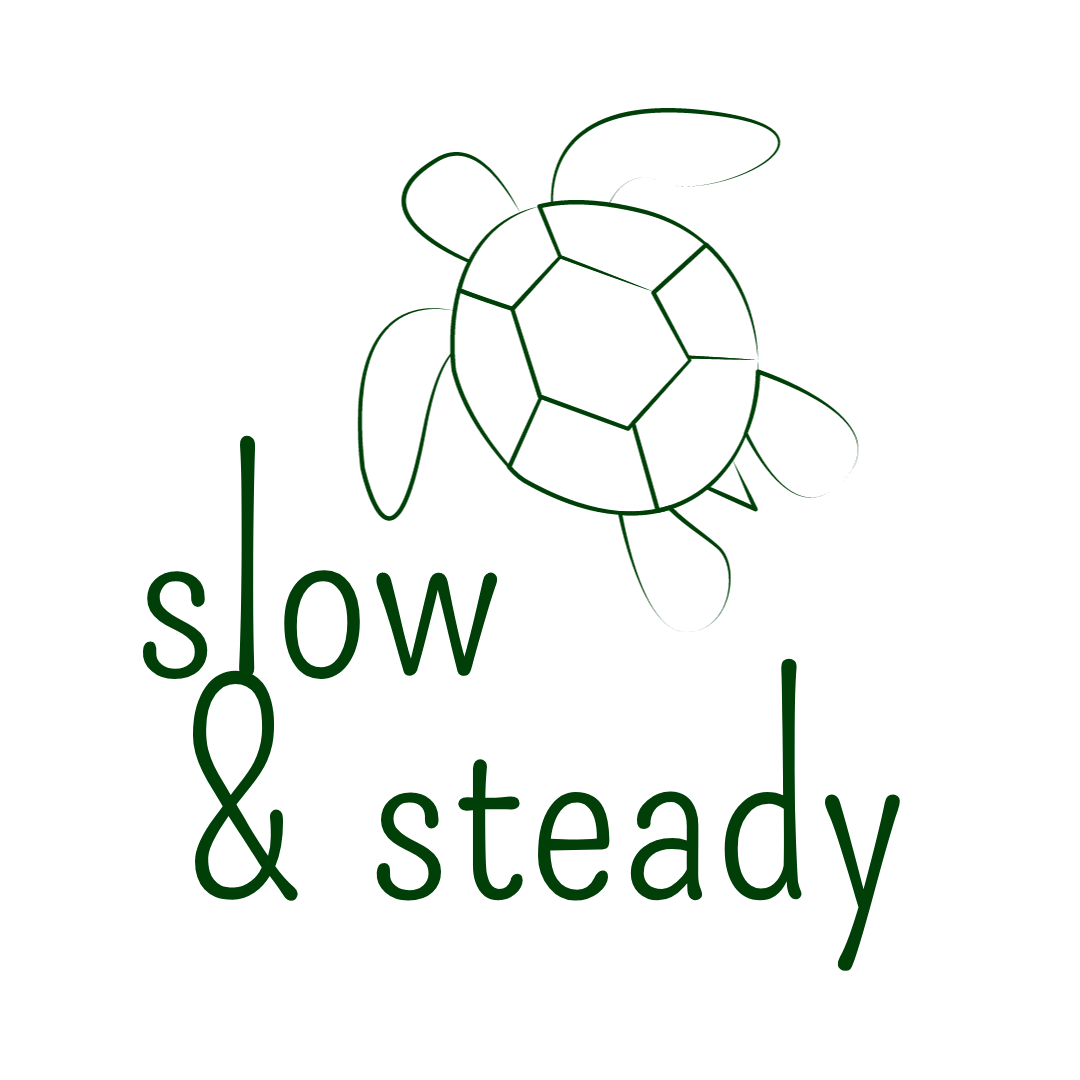Why Time Seems to Go Faster as We Age
And how to slow it down
I keep hearing this comment everywhere when the end of the year is near:
‘’This year just flew by!’’
Seriously, I keep hearing that comment whenever the festive season is just around the corner. Along with this comment:
‘’Time just seems to go by faster each and every year.’’
I don’t think that’s a good thing. Yes, time flies by when you have fun — but this is different.
Most people look back in retrospect, wonder where time has gone, and worry if they should’ve done things differently.
Why is it that time seems to go by faster as we age?
I think it’s because of two things.
1. The amount of novelty in our lives. As we get older, we chase routine more than novelty — and then blame our routine for our boring lives.
2. How much we think we’ll still grow. People, regardless of their age, tend to see themselves as a fully evolved individual in the present moment. The result? We’re less inclined to look for novelty (aka, new experiences that can help us grow).
Let’s dive in.
Why your routine is your ally (and not your enemy)
It’s a no-brainer that novelty keeps your brain healthy (excuse my lame humor). But did you know that there’s also a relation between novelty and time perception?
The more you engage in new experiences, the slower time seems to go. Reversely, the less novelty you have in your life, the faster time seems to go.
Were the covid years fun? No. Did they come with novelty? Yes. I’ve heard many cases of ‘’covid hobbies’’. It’s a thing. I also have one: playing the piano. Some people felt bored to death. Some felt suffocated. We were looking for new ways to entertain ourselves at home. That tiny bit of novelty helped us to keep going. Novelty makes us happier.
Unfortunately, our brain isn’t wired to actively look for novelty. We’re naturally inclined to crave familiarity — simply because it saves our brain energy. A routine saves us from decision fatigue.
If you ask me, that’s the exact value of having a routine. It’s not about doing the same things over and over again. It’s just that doing the same thing at the same time and location helps to build a habit. That habit helps you do things on automatic pilot. It takes away decision fatigue. In other words, a routine can help you save mental capacity for novelty instead of mundane chores.
Routine isn’t your enemy. It’s your ally.
Doing the work takes less energy than not doing the work.
‘’Routine kills creativity’’ is a lie that we like to believe in. We all have people, pets, houses, and jobs to take care of. A well-established and healthy routine can help us incorporate time in our day-to-day lives to pursue novelty.
As an advocate, I genuinely believe that this novelty doesn’t have to be groundbreaking. It doesn’t mean that you need to book a trip to a new country every trimester. Look at what you’re already doing on a daily basis and consider how you can implement novelty in your life.
• What about trying a new recipe every Friday?
• Which exercise haven’t you tried at the gym yet?
• Is there another route you can take to your office?
Humans are evolved to evolve
Ask people how much they’ve grown over the past years and how much they think they’ll still grow and they’ll all tell you:
‘’I think I’ve arrived at a point where I have evolved to who I need to be, and I won’t change much.’’
It doesn’t matter if you ask a 30, 40 or 50-year-old. People regard the present as a watershed moment at which they have finally become the person they will be for the rest of their lives. This is the “end of history illusion”.
They’ll all tell you the same thing.
Isn’t it somewhat ironic how we struggle to be present, yet we wholeheartedly believe that right now, in this moment, we’ve evolved into the person we will be for the rest of our lives?
We think about the past and future more than anything. Research shows that we spend almost 50% of our waking hours thinking about whatever is not going on at the moment. We think about what has changed and what problems we have yet to face.
And still, when it comes to our personal growth in the future, we don’t think much will change.
The end of history illusion is the real threat to novelty. Not your routine.
Stop believing you won’t change much in the future. It deprives you of opportunities for growth. Always be on the outlook for new experiences that can make you grow — no matter how small they seem.
Conclusion
We’re all selling ourselves short by:
1. Thinking that our routine is our enemy. Let it help you make time to implement some novelty in your daily life.
2. Believing we won’t evolve much further in the future. Don’t let it deprive you of actively looking for opportunities that can help you grow.
How can you implement novelty in your daily life? Let me know in the comment section. :)


